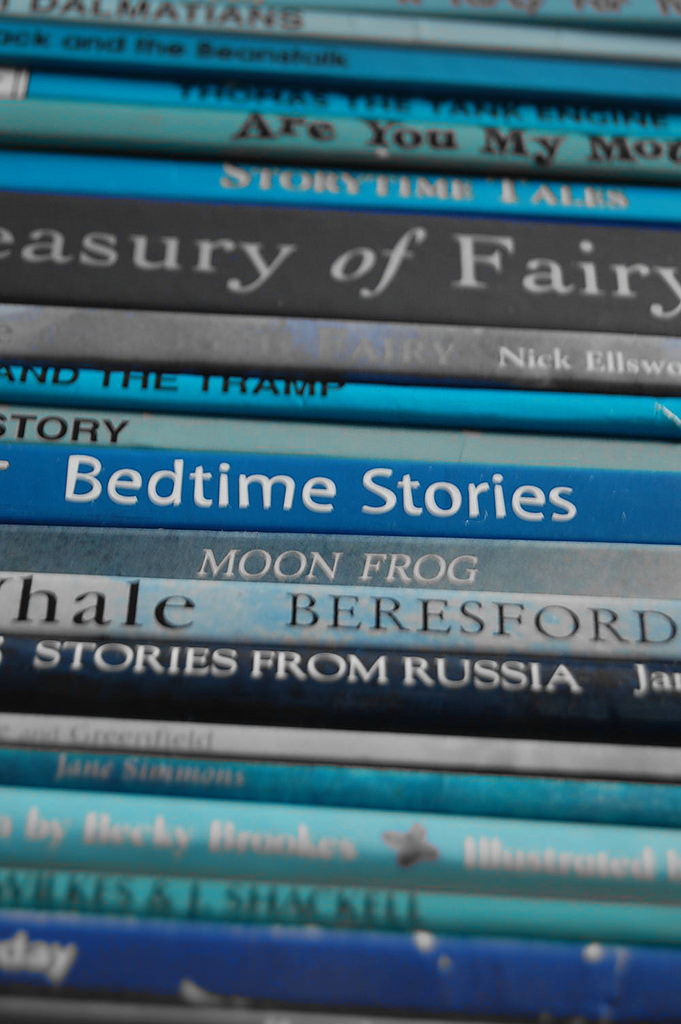Some of us grew up listening to bedtime stories. And while I did not take them too seriously as a child, I’ve realized that some of the most valuable lessons one can receive are the ones you learn from childhood classics.
1. “Cinderella” (Disney edition)
Cinderella is ridiculed by her evil stepsisters while she works and cleans the house all day. However, thanks to her glossy glass slipper, she eventually marries her Prince Charming and gets to live a rosy fairytale life — the rags to riches story I’d love to experience one day.
We don’t all have fairy godmothers, but that doesn’t mean that humility and hard work won’t pay off in the end. Cinderella kept her head down, scrubbing the floors and keeping her humble self out of the spotlight, while also keeping her head up, never losing hope that her dreams would come true. So do not lose courage, one day your happily ever after will makes its way to you.
2. “The Little Prince” by Antoine de Saint-Exupéry
It is a wonderful thing to be a child at heart. ”All grown-ups were children once — although few of them remember it.” Antoine de Saint-Exupéry allows us to realize that as we get older, we lose our sense of wonder and spark for imagination. The little prince chooses to wander and seek the mysteries of the universe with an open mind — a trait all curious children are born with. Although life can seem rather dull as we begin to adult and gather a pile of more and more responsibilities, it’s important to have fun and unleash the child within us.
3. “The Giving Tree” by Shel Silverstein
In this all-time favorite, the generous tree gives her all — anything that she can possibly offer. But the young boy takes it all without ever thinking of returning the generosity. One of the biggest lessons you can take from Silverstein’s classic is to love unconditionally, to learn to give and share as opposed to just taking all the time. So remember to appreciate the giving trees in your life — the ones who love and support you like no other.
4. “Where the Wild Things Are” by Maurice Sendak
“And Max, the king of all wild things, was lonely and wanted to be where someone loved him best of all.” Sendak reminds us that even though we dream of leaving home in search of something bigger and better, we must not forget that our true home is where the heart is. Don’t forget to call your friends and family back home from time to time.
5. “Matilda” by Roald Dahl
Through Matilda’s keen intelligence, independence and impressive maturity, Roald Dahl reminds us that it’s OK to be different than the bigger crowd. Matilda’s parents never recognize how truly brilliant their daughter is and instead note her as the oddball of the family. Luckily, Matilda shows us all that if you’re smart enough to ignore the negative voices bringing you down and choose to embrace your inner bookworm nerd, you will be victorious in the end.
6. “The Very Hungry Caterpillar” by Eric Carle
Eric Carle’s short children’s book comes with a sweet and simple message: With time and patience, you will eventually grow into the person you are meant to become; you will spread your wings and become a beautiful butterfly.
7. “The Sneetches” by Dr. Seuss
In this fun Dr. Seuss book, the star-bellied sneetches and plain-bellied sneetches are always comparing themselves to one another, trying to pinpoint what makes them different as a means of feeling superior to one another. But comparison brings about discrimination and a push for conformity and assimilation. In other words, don’t follow the crowd, embrace the qualities that make you imperfectly unique and just do you.
8. “Bridge to Terabithia” by Katherine Paterson
Through the adventures that Jess and Leslie share, Paterson teaches us that the memory of a true friendship never dies. Although Leslie is unfortunately in Jess’s life for only a little while, she leaves a permanent stamp on his young heart and mind. She teaches him that a vibrant imagination is the key to a colorful life — every great person you come across teaches you a lesson, and the best thing you can do is to carry their brightest gifts even after they have left. “It was up to [Jess] to pay back to the world in beauty and caring what Leslie had loaned him in vision and strength.”
Contact Clarissa Gutierrez at cgutier ‘at’ stanford.edu.
